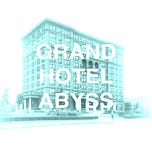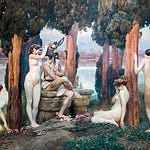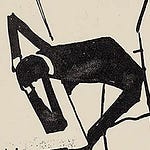Welcome back to The Invisible College, my series of literature courses for paid subscribers. The 2024 syllabus can be found here. This lecture is about the lives and works of Robert and Elizabeth Barrett Browning. I discuss Robert Browning’s theory that poetry historically cycles between objective and subjective styles; his use of the dramatic monologue as an adaptation of poetry for the age of the realist novel, especially as the novel has been theorized by Mikhail Bakhtin; the critique of aristocracy and patriarchy in his textbook dramatic monologue, “My Last Duchess”; his novelistic and psychological revision of the Romantic visionary poem in “‘Childe Roland to the Dark Tower Came’”; his historicization of realism as the product of burgeoning Renaissance capitalism and individualism in “Fra Lippo Lippi,” and his religious defense, in the same poem, of realism as an artistic disclosure of the goodness of God’s creation; and, finally, his attack on the pursuit of perfection, as opposed to imperfect striving, in “Andrea del Sarto.” I further discuss the early sentimental activist poetry of Elizabeth Barrett Browning and its reliance on the idea of separate spheres for men and women, and her later novel-in-verse, Aurora Leigh, with its satire of the limitations imposed on female intellect, its defense of poetry against progressive detractors, and its theory that poetry should become an epic of the present or realist novel in verse. The first 10 minutes are free to all. Please like, share, comment, subscribe—and please enjoy. The slideshow corresponding to the lecture is below the paywall.
Listen to this episode with a 7-day free trial
Subscribe to Grand Hotel Abyss to listen to this post and get 7 days of free access to the full post archives.












